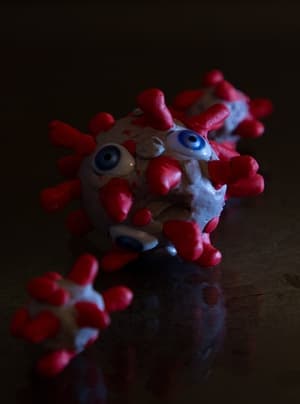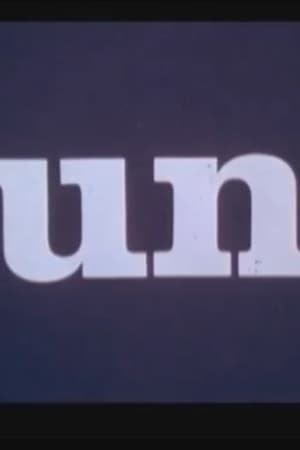Movie: Escape
Video Trailer Escape
Similar Movies
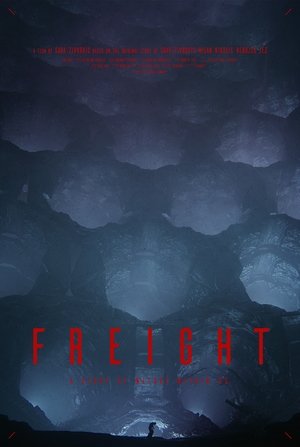 6.5
6.5Freight(sr)
An alien being fights to complete an impossible task. A metaphor for the emotional weight one carries within, and the hardships when striving to rid oneself of it.
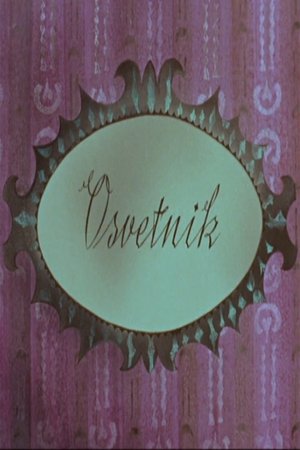 4.3
4.3Revenger(sh)
A film about an unhappy man who catches his wife with a lover. He leaves to buy a gun, while plotting to kill the wife and the lover. Based on a short story by Anton Chekhov.
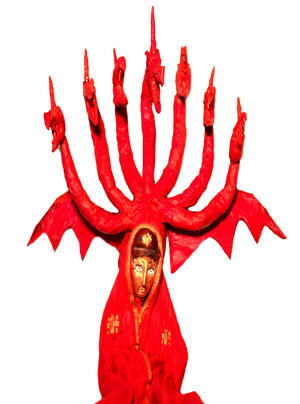 6.0
6.0Apocalypsis:Theosis(en)
“Revelation” (Gr. apokalypsis) means the uncovering of something that has been previously hidden, in this case the final triumph of the kingdom of God.
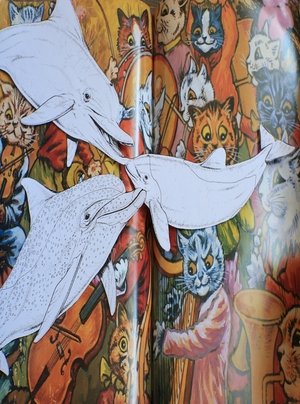 8.0
8.0Secret(en)
A family pod of three dolphins navigates decay as an inevitable register while also having a secret ascension to a higher ground.
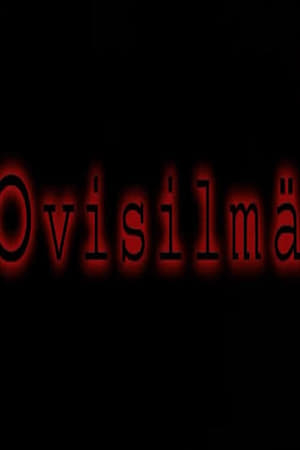 0.0
0.0Peephole(fi)
An isolated man in a Finnish forest sits alone in his cabin and drinks beers all day long while watching TV. When a television license inspector comes knocking at the mans door, he isn’t too happy.
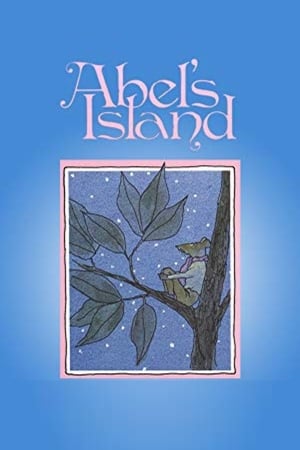 6.0
6.0Abel's Island(en)
One summer afternoon in 1907, Abel and his wife (both mice) are picnicking, when they become separated during a violent rainstorm. After flying some distance, Abel discovers himself alone on a river island, unable to swim due to the powerful current. Abel periodically attempts to leave the island by various means: flying on a leaf, rowing a crudely fashioned boat, etc. Meanwhile, he tries to create a normal life of sorts, even learning to enjoy a new hobby: sculpture. Still, Abel's goal is to escape the island and rejoin his wife in the city.
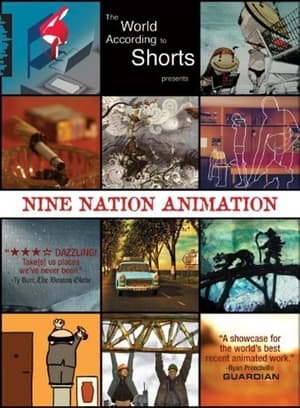 7.3
7.3The Runt(de)
Hykade's third and final part of The Country Trilogy. The once dead father of "We Lived in Grass" returns. "I give you the runt," he says. "But you take care of it and you kill it next year."
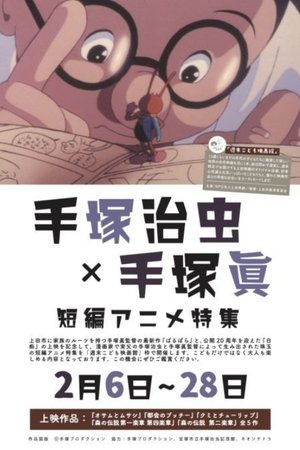 0.0
0.0Osamu and Musashi(ja)
The animation was produced for the Tezuka Osamu Manga Museum, thus it features scenes from the "life and nature" of Tezuka Osamu's childhood, themes that are central to the museum as a whole, through exchanges between the boy Osamu and the carabid beetle (Osamushi) who provided the origin for the artist's name.
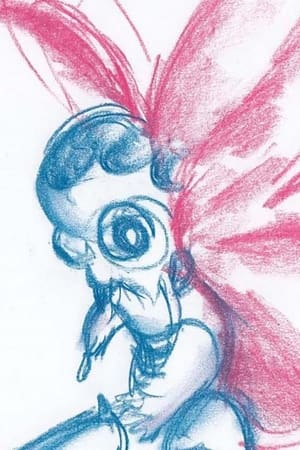 0.0
0.0Stained Smell(ja)
The film expresses the sense of being left behind. It stems from the realities of my childhood and how they did not match up with what I was feeling back then.
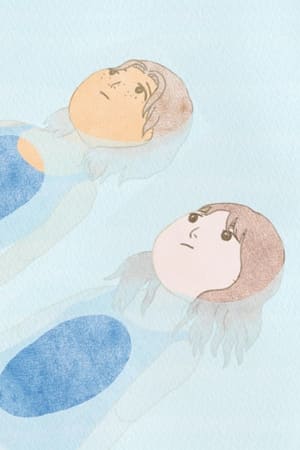 0.0
0.0Fourth Period Swimming Class(ja)
The fourth-grade protagonist is going through physical and emotional changes and feels awkward as she can't help but compare herself to her friends. One day, she is blown away by her classmate Aya's swimming and realizes that she has feelings for her.
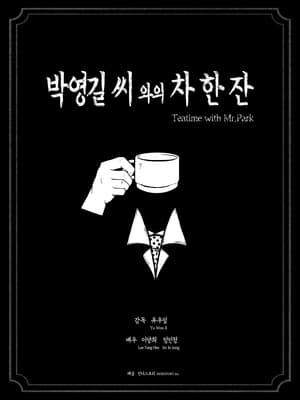 0.0
0.0Teatime with Mr.Park(ko)
It is refreshing to see classic film styles in today’s movies. Seemingly normal conversations with a few elements of mystery makes the movie strange but interesting.
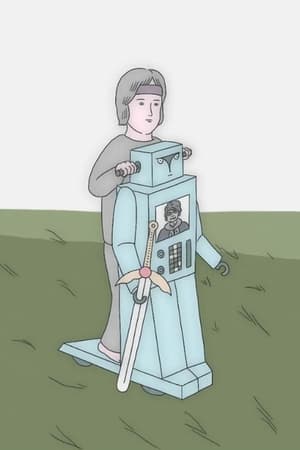 7.0
7.0nowhere(ja)
Even though I feel like I'm living in the now, here, I think I just end up being in nowhere all the time. And in the nowhere, I find the now and the here.
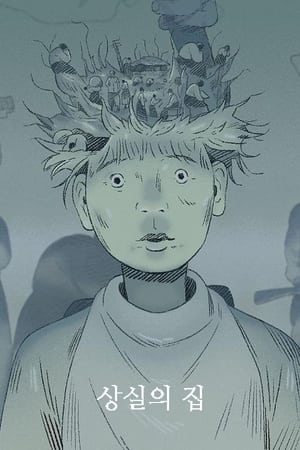 6.7
6.7The House of Loss(ko)
The elderly at the nursing home have their heads shaved. The protagonist who works there sees them but can't read their expressions. However, from one instance, he finds himself looking closely at their faces.
The Dream Report(en)
A deadpan sci-fi, interweaving moments of familiar routine with esoteric messages from deep space.
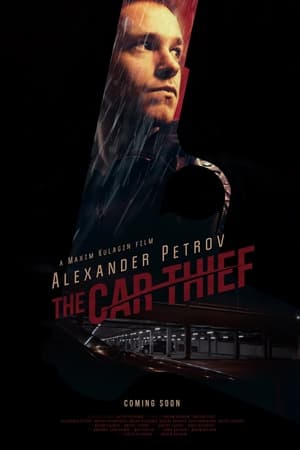 7.0
7.0The Car Thief(ru)
Two friends are engaged in theft of cars in order to extort money from their owners. The next stealing runs smoothly. The owner of the car agrees to pay, but puts forward an unexpected condition ...
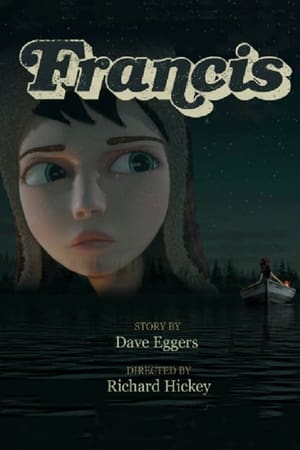 6.2
6.2Francis(en)
Francis is a short story written by american novelist Dave Eggers. This is the story of a young boy growing up in the suburbs of chicago. He spent his vacations in Quetico Provincial Park, up on the border of Minnesota and Canada. But he won't be going back any day soon, not after what happened to a girl called Francis Brandywine.
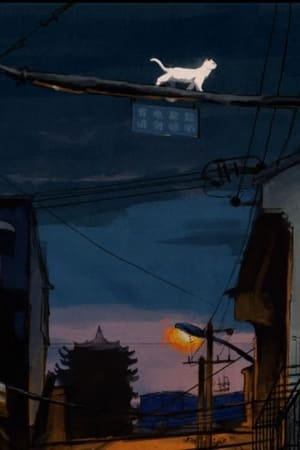 0.0
0.0Before Dawn(ja)
One cold and damp morning, two weasels were wandering the quiet streets. They get separated at one point but are reunited. Just then, bells and alarms began to ring through the city, and dawn came.
 7.0
7.0Fracture(fr)
Fracture (1977) is a short animated film from France by the Brizzi Brothers (Paul and Gaëtan), a duo better known for their work on feature-length animated films such as Asterix versus Caesar (1985), and a number of films for Disney. Fracture is their earliest work, and isn’t remotely Disney-like, delivering an SF / fantasy scenario of alien inexplicabilities that makes it an animated counterpart of the comic strips that were running in Métal Hurlant (and its US counterpart, Heavy Metal) in the late 1970s.



